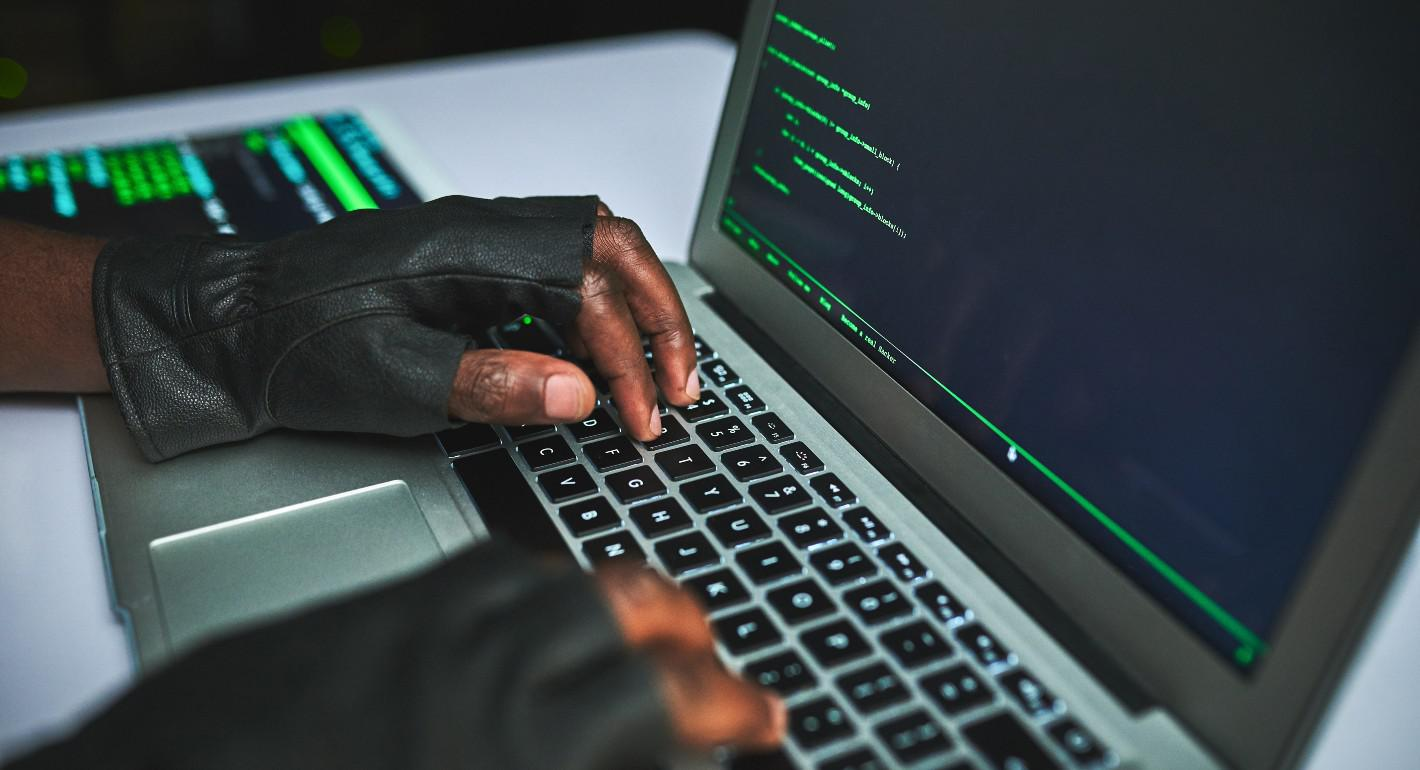2021 has seen a 29 percent rise in cyberattacks against businesses across the world. In Africa, this growing threat is driven by an increase in users accessing the internet, creating a larger pool of targets for criminals, which is what has been witnessed in Kenya.
The country’s connected population nearly reached 22 million users in January – a figure likely to have grown as pandemic lockdowns forced many business and government services online.
According to statistics from the Check Point Research Threat Intelligence Report for Kenya, globally, the average number of weekly attacks experienced by organisations was 870. In comparison, Kenya’s businesses have seen 1,408 cyberattacks every week over the last six months.
“It’s alarming to think that Kenyan businesses are dealing with almost 540 more weekly cyberattacks than their peers across the globe,” says Pankaj Bhula, Check Point’s Regional Director for Africa.
“This signals an urgent need for Kenya’s businesses to take a proactive approach to cybersecurity solutions, while focusing on companywide education on security hygiene to keep users and the business safe online.”
Cyber-attacks can cripple businesses, especially micro, small, and medium enterprises (MSMEs), who may not have prioritised cybersecurity in their start-up phases, leaving them vulnerable.
The Kenya Association of Manufacturers notes that MSMEs contribute around 40 percent of the GDP.
“If unprotected, attacks against these businesses, which make up the majority of all businesses in Kenya, can have a huge ripple effect on the economy,” adds Bhula.
The latest threat intelligence report shows that email is the prevailing vector for malicious-file delivery in Kenya – it’s been the origin point for 70 percent of attacks over the last month.
Over the same period, there has been a surge in the exploitation of vulnerable infrastructure with 69 percent of Kenyan organisations being affected by Remote Code Execution (RCE). In an RCE attack, a criminal gains remote control of a device and sensitive data stored on it.
The report also notes that malware attacks affected 13 percent of businesses in the country. Of the most common malware, which includes botnets and cryptominers, Check Point identified one backdoor that was responsible for the bulk of Kenyan-business cyberattacks. Called Floxif, around 13 percent of local businesses were impacted by it – globally, this malware managed to infect over 2 million users in 2017, including large tech companies.
From a global perspective, the public sector falls within the top five industries most targeted in cyber-attacks, with government and military organisations experiencing 1,229 cyber-attacks per week on average. In Kenya, this figure is a staggering 2,765. However, globally, financial institutions experience a weekly average of 760 cyber-attacks, while in Kenya, the number of attacks is slightly lower at 745.
“It’s encouraging to see Kenya’s financial players are navigating security more efficiently than many of its global peers, however the number of weekly attacks must still be lowered to ensure financial inclusion and economic stability for Kenya’s population,” the report notes.
What can businesses do to prevent attacks?
The opportunity for cyber-attacks is growing simply because technology is becoming more integrated in all aspects. As such, individuals, businesses, and governments will rely more heavily on cybersecurity than ever before.
The report suggests that businesses, big and small, must invest in IT security infrastructure, taking a proactive rather than reactive approach to cybercrime. To maintain business operations, these organisations will need comprehensive intelligence to proactively stop threats by monitoring networks and have a proper incident response in place to quickly respond to and resolve any attacks.
“Being proactive is about becoming more resilient, having backups, and protecting sensitive data in stronger or different ways. Businesses should also ensure that they are using the latest updates of their security software, web browser, and operating system – updates are how developers deliver vulnerability fixes to protect against attacks,” adds the report.
Employees must also be kept up to date on best practices for staying safe online when working in the office or remotely at home. Although the risk of being attacked will remain, sharing a few basic tips is one of the best ways to reduce cyber-attacks.
“First, employees must be vigilant about phishing emails and avoid accessing unsecured websites. Second, they must only use trusted Wi-Fi networks and should consider adopting a password manager so they can use different, strong passwords when accessing various websites,” notes the report.
“It is important to note that even the most advanced cyberattacks can be prevented through education and proper cybersecurity solutions without disrupting business flow.”
Read: Companies Continue Increasing Cybersecurity Budgets, Entire Market to Hit $158.8B Value by 2023
>>> How Small Businesses Strengthened Cybersecurity During a Pandemic



![Inside a Nyama Mama restaurant in Nairobi. The Good Earth Group operates several upmarket restaurant brands. [Photo/ The Good Earth Group]](https://businesstoday.co.ke/wp-content/uploads/2021/12/ezgif.com-gif-maker-1-150x150.jpg)









Leave a comment